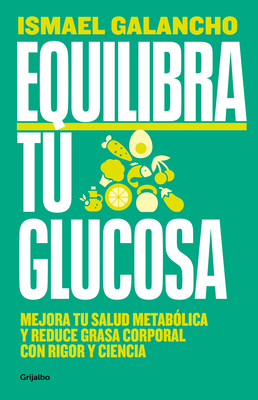
Zone Publishing, Food
The lack of correct nutrition has resulted in the development of several unique approaches for healthy eating. Amongst them, the Blood Type Diet has emerged as an intriguing nutritional plan.
Our blood type may determine which illnesses and diseases we may develop. It is an interesting approach, however, no research has been conducted, and no studies have been conducted that show blood type may be a predictor for development of certain kinds of diseases.
Considering what was said before, the basic principle of this diet is, not everybody should follow the same diet-our blood type and race will determine the tolerance to what we should and shouldn't eat. Based on this principle, there are sixteen food groups that are neutral, highly beneficial, or detrimental. Each blood type is supposed to eat in the following way:
Type A: Called cultivator, or agrarian. Type A people should eat a plant-based diet that is totally free of toxic red meat. This very much resembles a vegetarian diet.
Type B: Called nomad. Type B people can eat most meats (except pork, duck, goose, hens and chicken) and plants, and they can eat some dairy. However, they must avoid corn, wheat, tomatoes, lentils, all shellfish, eel, snail, ice cream, American cheese and blue cheese.
Type AB: Called enigma. It is a combination between Types A and B. Foods to eat include tofu, dairy, seafood, grains, and beans. They have to avoid kidney beans, beef, corn, and chicken.
Type O: Called hunter. This high-protein diet is based mainly on fish, meat, poultry, and certain vegetables and fruits, but it limits legumes, grains, and dairy. This resembles the paleo diet.
member goods
listens & views

DARK FIRES: 20TH CENTURY MUSIC ...
by DARK FIRES: 20TH CENTURY MUSIC FOR PIANO / VARIOUS
COMPACT DISCout of stock
$14.75






